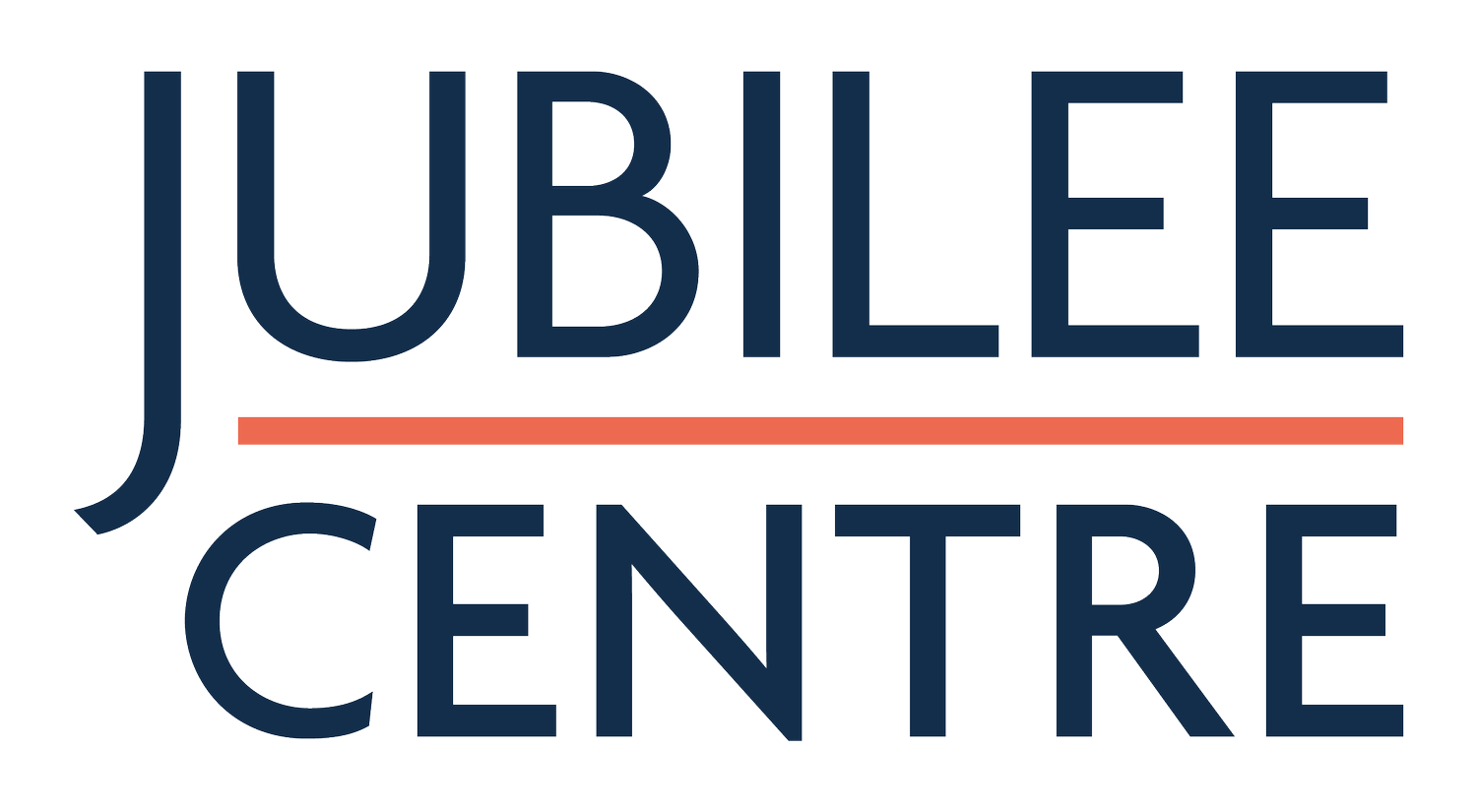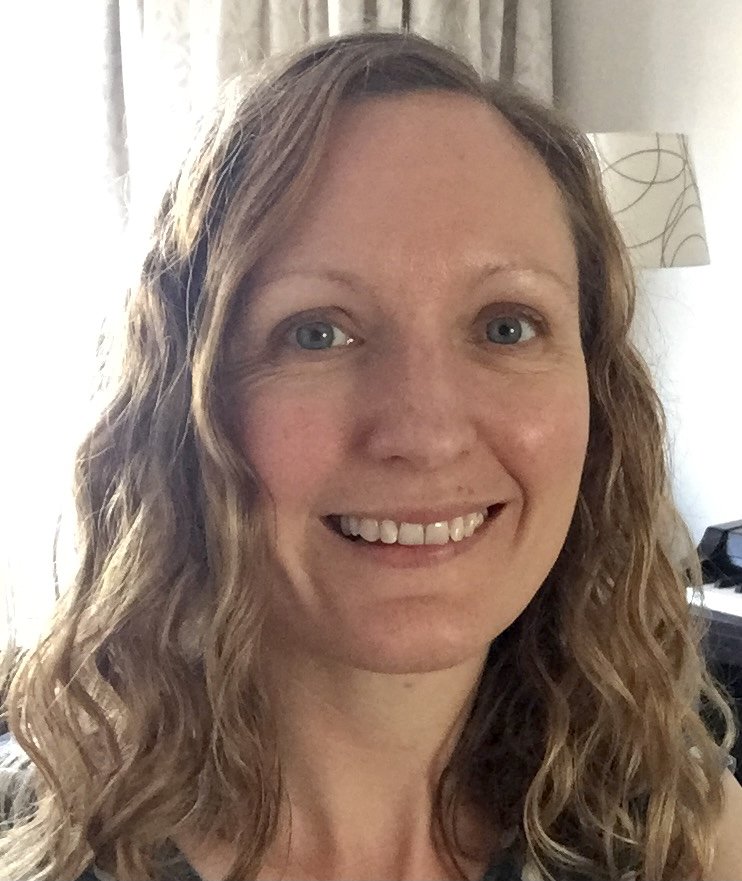Good with money?
Sarah Edwards, Executive Director of ECCR
What does a faithful approach to money look like?
Three things you might have heard about money…
1. Money is an excellent gift from God (John Wesley)
2. The love of money is a root of all kinds of evil (St Paul)
3. Money makes the world go around (from the musical Cabaret)
The last one of these may a bit flippant, but the point is that money is everywhere in our world, and affects all of our lives, every day. Just look at the current cost of living crisis as one very pertinent example. But what we as Christians should think about money, and what a faithful, whole-life approach to money might look like, beyond giving, are questions that hardly ever get discussed in church.
Jesus begins his ministry declaring that he has come to “bring good news to the poor”. He states that it’s “easier for a camel to go through the eye of a needle than for someone who is rich to enter the Kingdom of God”. On becoming one of his followers, Zacchaeus the tax collector gives away half of his wealth. Many of the parables contain themes around money and wealth – including the “rich fool” who stores his possessions in barns instead of being “rich towards God” – which turns out to be foolish indeed when God turns up to claim his very life!
However we interpret these passages and the many others in Scripture, it’s clear that money, poverty and economics are absolutely central to Christian teaching – so shouldn’t we be talking about money more and thinking about how it affects how we live out our faith?
Once we start thinking about money from a Christian perspective, we can consider our own actions with money. Certainly this includes our giving to church and charity, but what about the money we put in the bank, spend on everyday items or more luxury treats, or put away for a rainy day? In fact the financial choices we make can reflect our faith and help to shape the kind of world we want to see. We can choose an ethical bank account, ask our pension provider about their investments in the arms trade or fossil fuel companies, and buy products locally or that are fairly traded, for example.
Beyond our own personal choices, a faithful approach to money also means speaking out for justice in the way money is used in the world around us. We can campaign for changes in the way banks, companies and the tax system use money, in order to help shape a world where the vulnerable are protected, creation better cared for, and harmful practices held to account.
There are all sorts of resources on ECCR’s website to help you think about, take personal action, and speak out about the role of money. Our latest campaign, Don’t Bank on Plastics, puts you in touch with your bank to ask them what they’re doing to tackle the single use plastics pollution crisis – do check it out and start your journey towards a faithful approach to money today.
Sarah Edwards is Executive Director of ECCR, which is a national organisation with a vision of a world where money shapes a fairer, greener future. ECCR equips individuals and churches to make financial choices that reflect their faith and values and they campaign for more just policies and practices in the way money is used by banks, businesses, and in the tax system.


